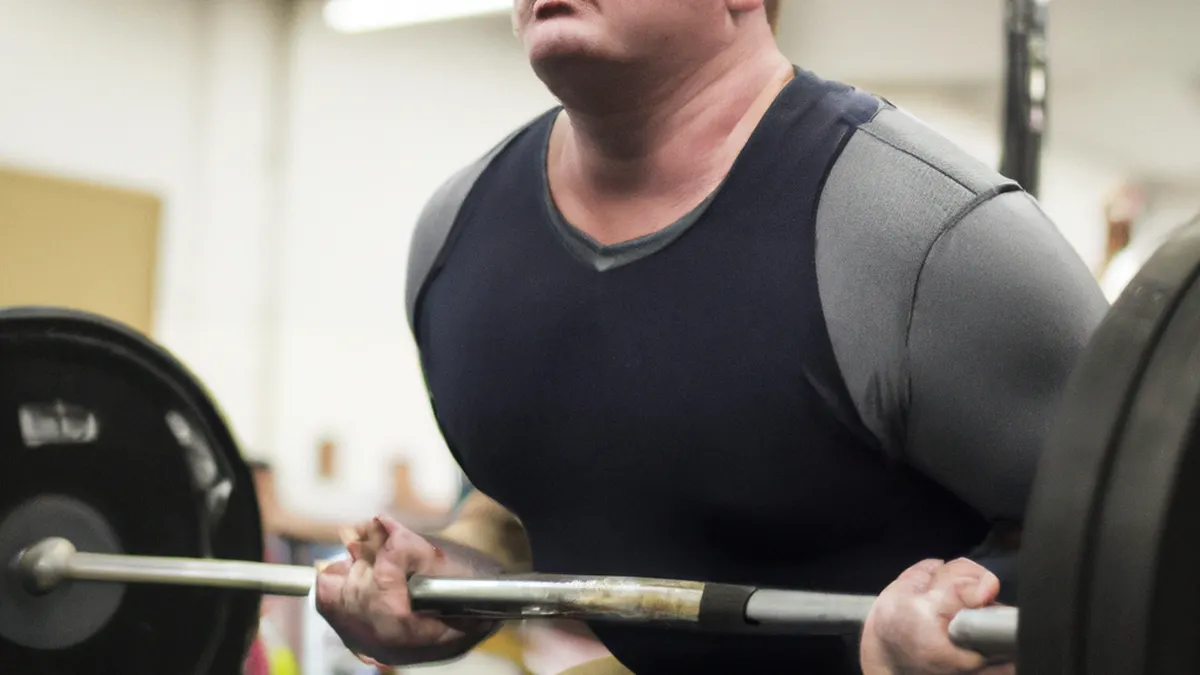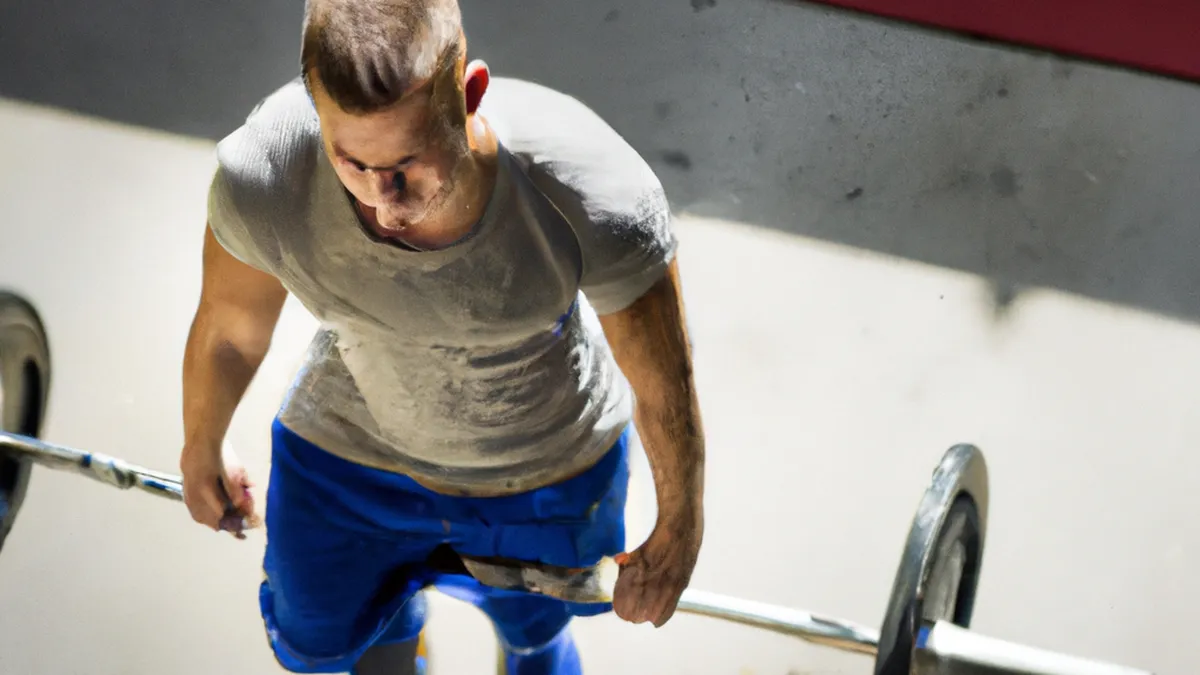Types of Periodization for Athletes
Periodization Techniques OverviewPeriodization plays a crucial role in strength training and athletic performance. It involves systematically planning athletic training. Athletes can optimize performance and reduce injury risks by varying training intensity and volume. This blog post explores periodization techniques, their benefits, and practical implementation tips.
Understanding Periodization
Periodization organizes training into distinct phases, each with specific goals. It aims to prevent progress plateaus and overtraining, which can cause injuries and burnout. Careful program structuring helps athletes peak at the right time, often aligned with competitions or important events.
Types of Periodization
Several periodization methodologies exist, each with a unique approach. These methods cater to different training philosophies and athlete needs. Here are the main types of periodization:
1. Linear Periodization
Linear periodization represents a traditional form of periodization. This approach gradually increases training intensity while decreasing volume. Training typically begins with high volume (more reps and sets) at low intensity (lighter weights). As the program progresses, intensity (heavier weights) increases, and volume decreases. This method effectively supports beginners and athletes preparing for competitions, allowing for gradual adaptation.
Example of Linear Periodization:
– **Weeks 1-4:** Focus on hypertrophy (8-12 reps)- **Weeks 5-8:** Transition to strength (4-6 reps)- **Weeks 9-12:** Peak for power (1-3 reps)
2. Undulating Periodization
Undulating periodization frequently changes training variables, alternating intensity and volume weekly or even daily. This method keeps the body guessing and can enhance gains through varied stimuli. Athletes often find this approach engaging, as it prevents training monotony.
Example of Undulating Periodization:
– **Week 1:** Strength (4-6 reps)- **Week 2:** Hypertrophy (8-12 reps)- **Week 3:** Power (1-3 reps)
3. Conjugate Periodization
Conjugate periodization trains multiple physical qualities simultaneously. For example, an athlete may improve strength, speed, and endurance within the same training cycle. This technique suits advanced lifters and athletes with diverse skill requirements. The conjugate method often incorporates various modalities, such as powerlifting, Olympic lifting, and conditioning.
Example of Conjugate Periodization:
– **Day 1:** Max effort strength (heavy lifts)- **Day 2:** Dynamic effort (speed work with lighter weights)- **Day 3:** Repetition effort
Conclusion
As an Amazon Associate I earn from qualifying purchases.
Gear tip: consider compression sleeves, lifting belt, and wrist wraps to support this topic.
In summary, understanding periodization techniques can enhance athletic performance. Implementing these methods helps athletes optimize training and achieve their goals effectively.
Below are related products based on this post:
FAQ
What is periodization?
Periodization is a systematic approach to planning athletic training, which involves organizing training into distinct phases with specific goals. It helps athletes optimize performance while reducing the risks of injuries and burnout by varying training intensity and volume.
What are the main types of periodization?
The main types of periodization are linear, undulating, and conjugate. Each method has a unique approach, catering to different training philosophies and athlete needs, allowing for tailored training strategies.
How does linear periodization work?
Linear periodization gradually increases training intensity while decreasing volume over time. It typically starts with high volume at low intensity and progresses to higher intensity with lower volume, making it effective for beginners and athletes preparing for competitions.















Post Comment